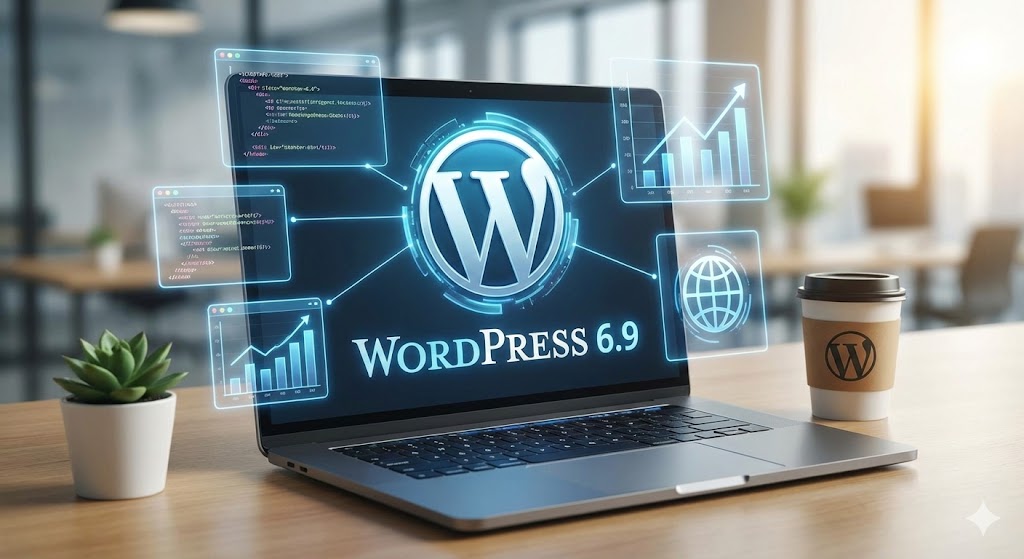In today’s digital age, website loading speed is crucial for providing a good user experience and improving search engine rankings. A slow-loading website can lead to high bounce rates, low conversion rates, and a negative impact on your online business.
Table of Contents
Why Website Loading Speed Matters
- User Experience: A fast-loading website provides a better user experience, leading to increased engagement and conversion rates.
- Search Engine Rankings: Website loading speed is a ranking factor in Google’s algorithm, with faster websites receiving priority in search engine results pages (SERPs).
- Conversion Rates: A slow-loading website can lead to low conversion rates, as users are less likely to complete a transaction on a website that takes too long to load.
Optimization Techniques
- Optimize Images: Compress images to reduce file size, using tools like TinyPNG or ImageOptim.
- Minify and Compress Files: Minify and compress HTML, CSS, and JavaScript files to reduce file size, using tools like Gzip or Brotli.
- Avoid Too Many HTTP Requests: Minimize the number of HTTP requests by combining files, using sprites, and avoiding unnecessary scripts.
- Use a Fast Web Hosting Service: Choose a web hosting service that offers fast loading speeds, using solid-state drives (SSDs), caching, and content delivery networks (CDNs).
- Optimize Database Performance: Optimize database performance by using indexing, caching, and query optimization.
- Monitor and Analyze Performance: Monitor and analyze your website’s performance using tools like Google Analytics, GTmetrix, or Pingdom.
Best Practices for Maintaining Fast Loading Speeds
- Regularly Update and Patch Software: Regularly update and patch software to ensure you have the latest security patches and performance optimizations.
- Monitor Performance Metrics: Monitor performance metrics like loading speed, bounce rate, and conversion rate to identify areas for improvement.
- Test and Optimize Regularly: Test and optimize your website regularly to ensure it remains fast and performant.
- Use Performance Optimization Tools: Use performance optimization tools like website accelerators, CDNs, and caching plugins to optimize your website’s performance.
By following these techniques and best practices, you can optimize your website for faster loading speed. Let the experts @leanna.ng help you achieve this and more…
Prefer short URL to this article? use this: https://leanna.ng/o4pz




